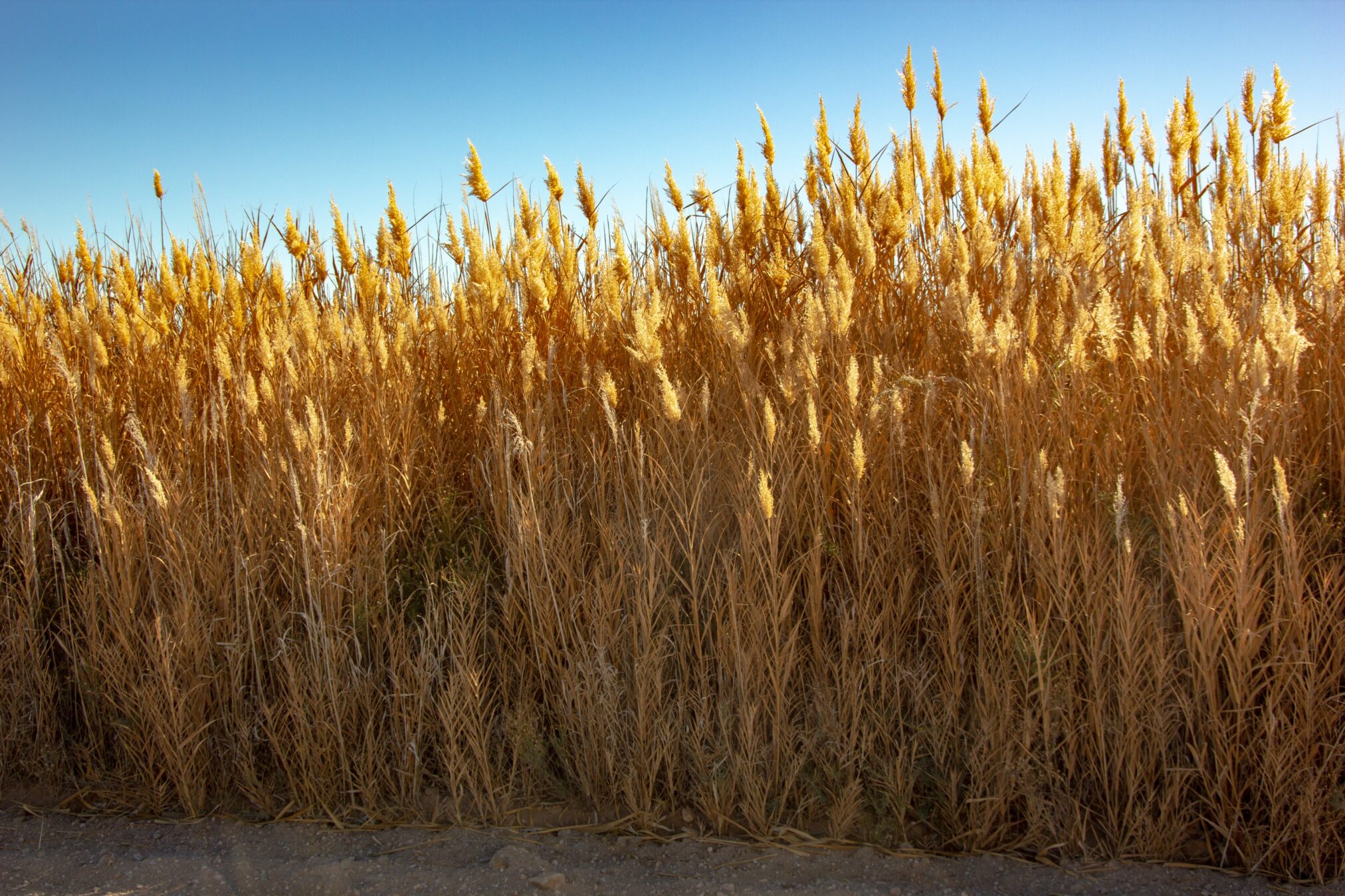Inclusive Business Model Analysis: FMAN, Wheat in Nigeria
Flour Milling Association of Nigeria (FMAN) is a partnership of leading wheat millers in Nigeria with its members comprising Flour Mills of Nigeria (FMN) PLC, Northern Nigeria Flour Mills (NNFM), OLAM-Crown Flour Mill Ltd, Honeywell Flour Mills PLC, Dufil-Pure Flour Mills LTD, and Life Flour Mills Ltd.

The association has taken the leading role to catalyse the development of the wheat value chain in Nigeria. Its strategy centers on backward integration, with the overall objective of improving local wheat production making the country self-sufficient and combatting food insecurity.
A recent business analysis sought to a) establish the business case for FMAN and make recommendations on how FMAN can structure the delivery of services to smallholder farmers in a commercially viable way; b) assess the business case for smallholder wheat farmers in Nigeria and c) assess the inclusion of women in the supply chain/project.
Key findings from the analysis include:
- There is a business case for smallholder farmers in the wheat value chain in Nigeria.
- With no direct revenues from service provision to farmers, FMAN is unable to recover its operational costs from its sourcing operations.
- The inclusion of women in the value chain is still very limited with only 5% of the farmers FMAN is working with being women.
To achieve its objectives, the report recommends that FMAN should:
- Leverage the data collected to segment farmers and tailor service provision to the unique needs of farmers.
- Implement commission-based agent models to minimize service provision costs.
- Explore partnerships with service providers to spread the risks associated with service provision to farmers.
- Support the professionalization of farmers through farmer groups and farmer cooperatives.
- Actively support female farmers by defining clear targets and utilizing the data available to generate gender-specific insights, which can inform tailored service provision.
Related Resources



Your Insights Hub journey has just started
Sign up here for access to updates - and industry insights and innovation - from the Smallholder Inclusive Business Newsletter.